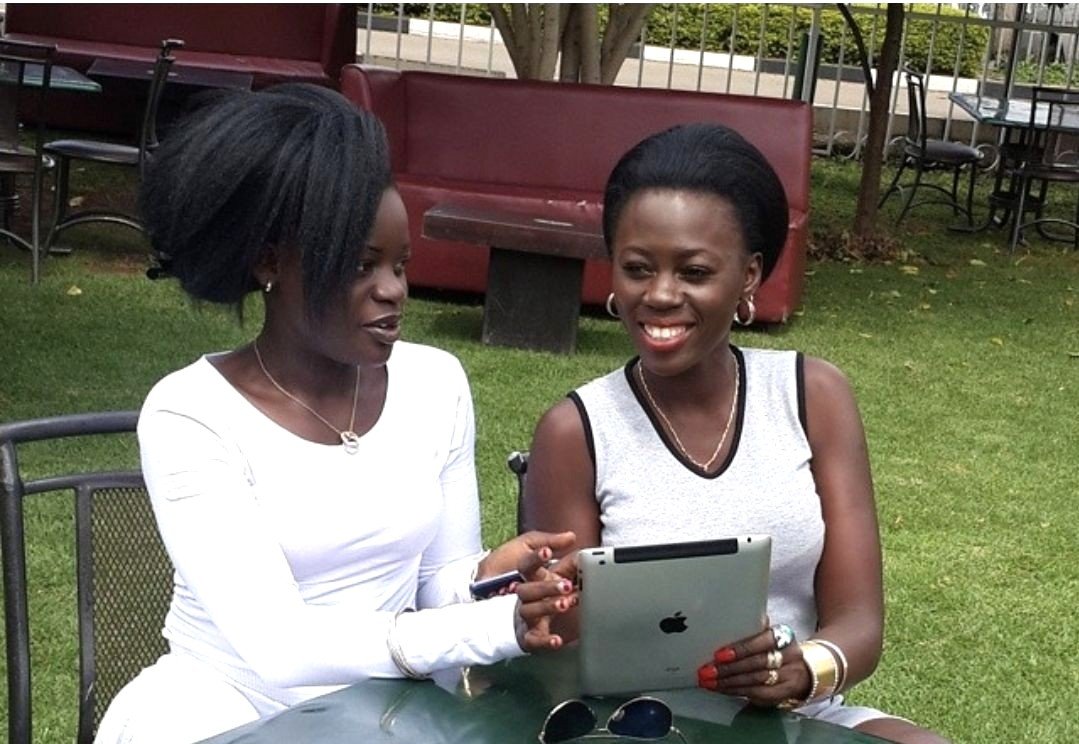NAIROBI, KENYA — Renowned Kenyan musician, philanthropist, and businesswoman Esther Akoth Kokeyo, popularly known as Akothee, has publicly announced her unconditional forgiveness of her younger sister, Elseba Awuor, known in social circles as Cebbie Koks.
The sisters have been estranged for several years, their relationship marked by allegations of betrayal and deep-seated animosity.
In an Instagram post published early Thursday, Akothee revealed her decision to take “the bold and scary step” for the sake of her personal peace and their mother’s well-being.
“It’s taken me years of silence, of deep self-work, and painful maturity to understand what forgiveness truly means. It is not weakness, it is power. And for the sake of my freedom, my mental health, and the joy of our mother, I have chosen to forgive you. Yes — I have forgiven you, Elseba. Cebbie Koks,” she wrote.
Akothee noted that this act of forgiveness came despite Cebbie having neither acknowledged her faults nor “publicly corrected the damage.”
The artist disclosed that she had silently endured the wounds of betrayal for years, concealing her pain behind smiles, laughter, and silence—all in the name of love, family, and peace.
The initial public strain in their relationship surfaced in 2020 when leaked messages allegedly showed Cebbie claiming Akothee was financially unstable and fabricating her wealth on social media. Akothee responded at the time by expressing disappointment, attributing some family members’ resentment to her success and their distancing once she ceased providing financial support.

The situation reportedly worsened when Akothee announced her wedding plans around the same time as Cebbie’s wedding, with Akothee claiming that Cebbie spread rumors suggesting her wedding was an attempt to overshadow hers. Feeling unwelcome, Akothee opted not to attend Cebbie’s wedding, despite having provided significant support, including funding her education from a young age.
Despite these public disputes, the sisters briefly reunited in 2023 to collectively defend their family against online criticism, hinting at a potential reconciliation. Akothee reflected on this period: “I welcomed you back without telling you how deeply your actions bruised me. How you threw me to the world without armor. How I stood alone, battling narratives I never wrote, while you — my own blood — watched, spoke, and walked away.”
She added, “You see, I saw you through life. I introduced you to a world of fame you were never prepared for, and sadly, you let that world shape how you saw me — your sister. You spoke of me in ways that cut deeper than any stranger ever could.”
Despite the prolonged rift, Akothee emphasized that the profound bond she shares with her younger sister, whom she protected with the same zeal as her own children, “never fizzled out and she never really stopped loving Cebbie.” She described her sister as “a rebellious child — one who had lost their way in the noise of applause. Still, I cannot lie — I missed you. I missed my sister. The one who was once my friend.”
Regardless of her resolve to forgive, Akothee acknowledged the heavy toll the tumultuous relationship had taken on her. She expressed her long-held hope for her sister to acknowledge her mistakes publicly.
“But ego is a stubborn beast — it cannot speak the language of empathy,” Akothee remarked. She extended an invitation to Cebbie to join her in a journey of healing and rebuilding their lives, piece by piece. “Let us not pretend nothing happened. Let us not sweep betrayal under the rug and call it peace. Let’s be bold enough to face the ghosts. To call them by name. To cry. To heal,” she concluded.


